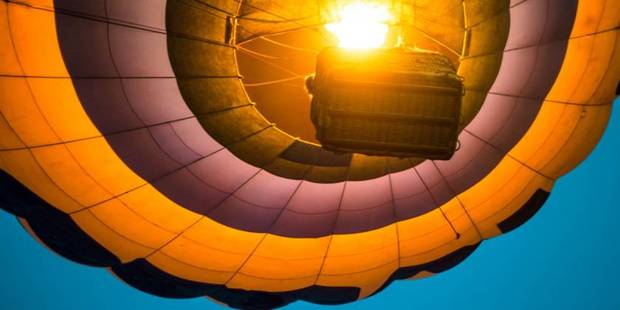Commercial seed planted by UAE’s Al Dahra grows into a mighty food producer in Romania and Serbia

Since its foundation in 2005, Abu Dhabi-based Al Dahra has rapidly grown into a major international agribusiness. Initially created to provide food security for the UAE, it has developed into a multinational commercial food producer and trader, operating in 17 countries, with around 400,000 hectares of land and generating approximately USD 2bn of annual revenues.
It was wholly owned by the Al Nahyan family, a member of the Abu Dhabi royal family, until August 2021, when it became 50% owned by ADQ, Abu Dhabi’s newest sovereign wealth fund.
The business’s main markets are the Middle East and Asia. It produces animal feed and grains at its farms in Romania, where Braila Island enjoys access to the Danube and the Black Sea. It produces animal feed, and operates a dairy farm and apple orchard in Serbia. It has continued to invest heavily since 2018, and in October 2021 opened five new animal feed plants in Serbia, Romania and Bulgaria.
Romania and Serbia are key jurisdictions for Al Dahra, not just because of their size, but also the opportunities the group sees there. Historically, these are agricultural countries and they do farming very well.One of the attractions of these jurisdictions is the relatively low cost of land, but these locations also have good logistics.
Agricost in Romania was privately owned, while the Serbian farms were bought from the state in a privatisation. Both were complex deals that will have involved building good relations between all of the parties involved.
These sorts of transactions enable the Al Dahra group to help and support local communities, and ensure there is undisrupted food supply to different populations in these jurisdictions. Often the completion of deals of this kind is just the first part of the task, and the next key challenge is integrating the business into the culture of the organisation.
The buyer will often need to provide reassurance to the existing local management and employee body, as well as integrating the business into the culture and way of doing business of the larger group, which may differ significantly from the previous owner’s strategy.
It’s clear that Al Dahra is continuing to look at opportunities in Romania and Serbia, as well as the wider central and eastern European region, and now has established bi-lingual legal counsel in both jurisdictions who can build on the experience should further acquisitions arise.
With ADQ now a shareholder, Al Dahra is poised to continue its rapid growth, expand its global agriculture and food procession operations, and cement its role in UAE food security. It’s strategy will be closely aligned to that of ADQ’s in its food and agri sector.




